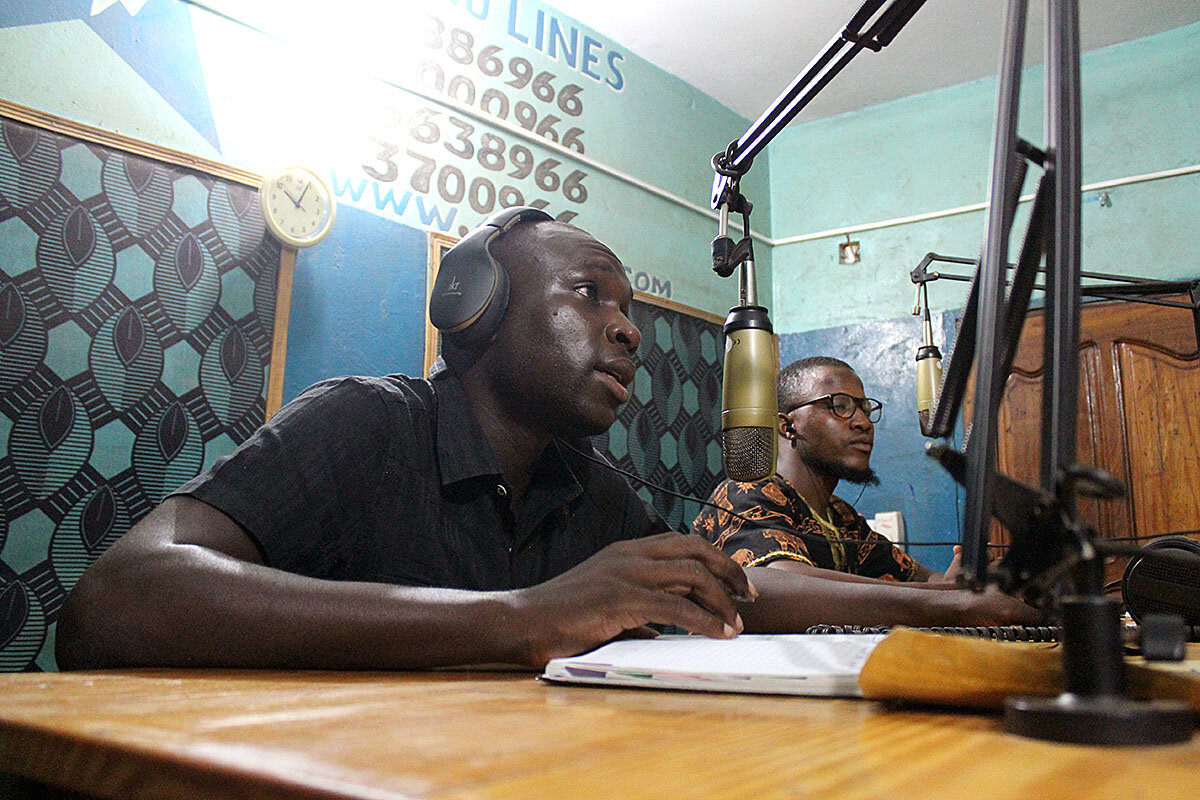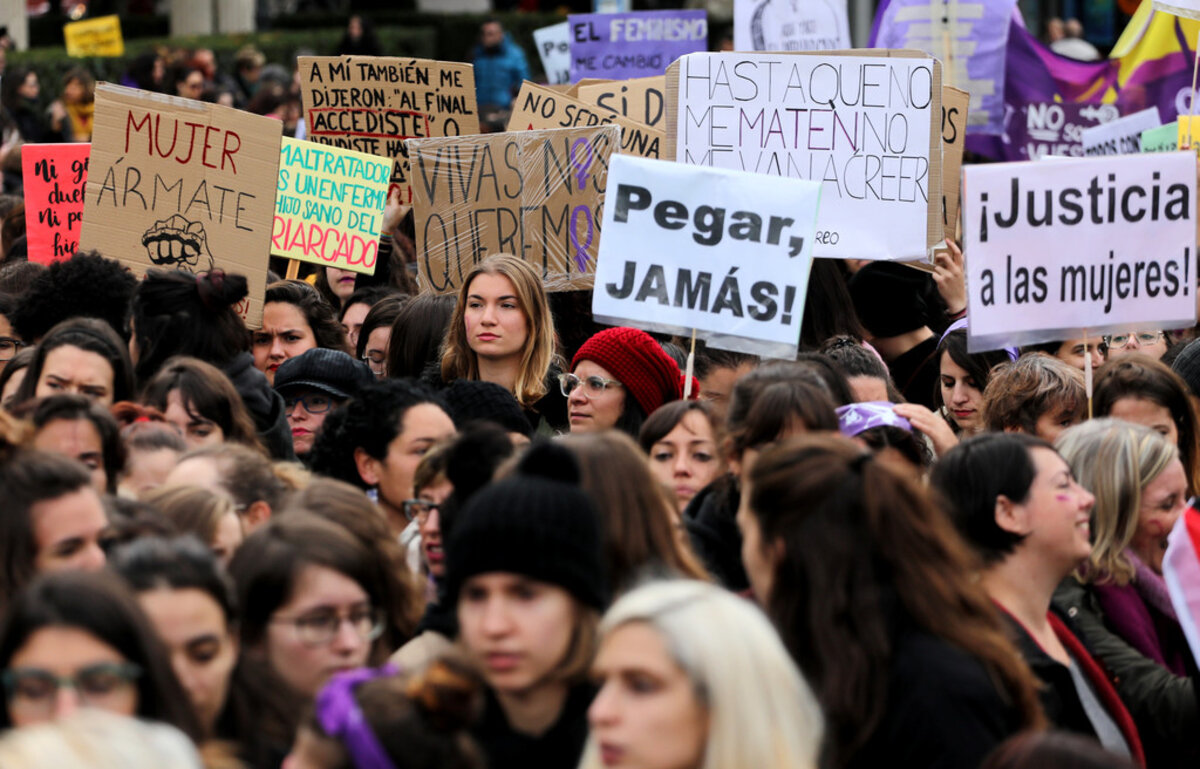Russia’s annexation of Crimea four years ago was like a dagger to the heart of Ukraine. But military tensions are causing economic ones. Astonishingly, trade between Russia and Ukraine has dropped by two-thirds in five years.
Monitor Daily Podcast
- Follow us:
- Apple Podcasts
- Spotify
- RSS Feed
- Download
 Francine Kiefer
Francine Kiefer
My husband and I have a Sunday afternoon ritual. When we get home from church, we munch on subs and chips and listen to C-SPAN radio’s replay of the morning news talk shows. On your dial or app, you can hear all five TV programs throughout the afternoon.
Yesterday we caught all of the shows as we ran errands. Every single host – whether on Fox News Sunday, NBC’s Meet the Press, ABC’s This Week, CNN’S State of the Union, or CBS’s Face the Nation – brought up climate change.
I mention this because on the day after Thanksgiving, when the public was busy with Black Friday shopping, the Trump administration released the nation’s fourth report on climate change, as required by Congress. It was a very stark assessment, and typical of administrations before it, this White House tried to bury the bad news.
But the opposite has happened. Media led with it on Saturday, continued the discussion on Sunday, and asked the president about it on Monday. Meanwhile, this week, House members plan to introduce the first bipartisan climate change bill in a decade, according to Bloomberg News. This on the heels of protests in Nancy Pelosi’s office to make climate change a priority – and her promise to reinstate a special committee on global warming.
Critics complain about all talk and no action on climate change. But here’s the thing. Without talk, without pressure, there is no action. Now, at least, we have talk – and what looks to be shaping up as a 2020 election issue.
Now to our five stories for today.










